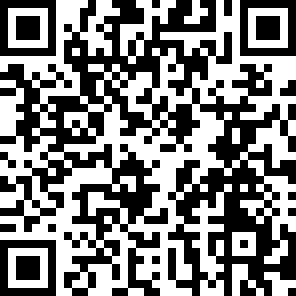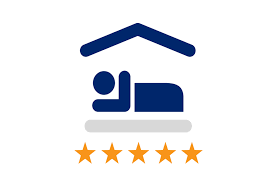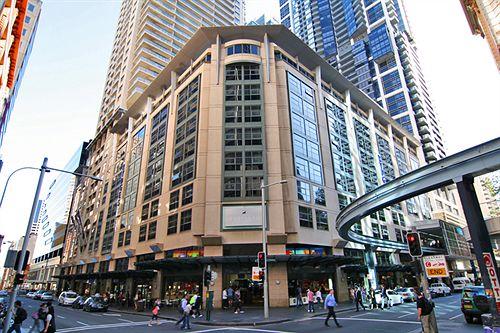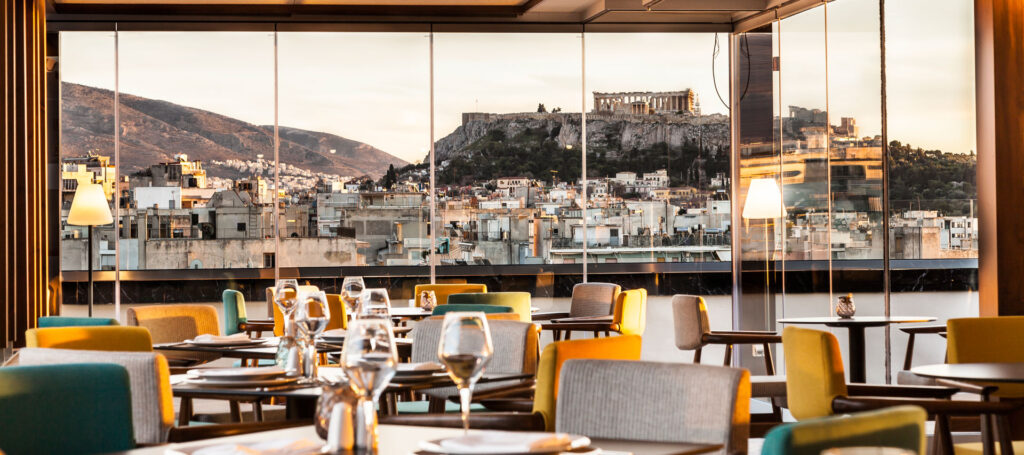PACDEFF 2022
PACDEFF/AAvPA Full Program 2022
PACDEFF 2022 was a two day conference consisting of world class presentations and contemporary and relevant workshops.
It was held over 22/23 March at the Crowne Plaza Hotel, Coogee Beach, Sydney, Australia
Day 1 (22 March)
Combined forum with AAvPA
0900-0915 Welcome
0920-1005 Keynote 1: Managing Skill Decay in the Age of COVID – Professor Mark Wiggins (Macquarie University)
1010-1055 Keynote 2: Fatigue Risk Management in the real world. How do we take the theory and make it work in an operational environment? – Professor Leigh Signal (Sleep/Wake Research Centre)
1055-1125 Morning Tea
1125-1210 Keynote 3: From Non-Normal to the New Normal: Building resilience through SMS – James Redgrove (Dreamworld Safety)
1210-1310 Lunch
1310-1340 The impact of the COVID-19 pandemic on seafarers’ mental health and chronic fatigue: beneficial effects of onboard peer support, external support and Internet access – Dr Michelle Grech
1410-1440 The effect of a common stressor – Noise on pilot cognition – Dr Brett Molesworth
1440-1510 Afternoon Tea
1510-1540 Creating and Maintaining an Effective HF Team: Meeting the Challenges – Lachlan Slatyer (TBC) Toll Helicopters – Ace Training Centre
1540-1610 Pilot mental health: findings from a series of clinical interviews – Corrie Ackland and Tony Merritt
1610-1640 Invited Speaker: Angus Mitchell (Chief Commissioner, ATSB)
1640-1700 Day 1 Wrap Up
1800-1900 Pre-dinner drinks – Barzura
1900-2200 Conference Dinner – Barzura
Day 2 – (23 March)
PACDEFF Forum (Note AAvPA presentations will run all day in parallel sessions) – Moderator Wayne Martin
0900-0910 Welcome
0910-0935 Self Evaluation and Looking for Help – Dr Natasha Yates (Bond University Medicine)
0940-1005 Developing Resilience in Team Communication Skills Using VR Remotely – Conor McKenna (Vocavio Group)
1010-1035 Psychological Drivers Relating to Disclosure of Medical Conditions and how the Regulatory Environment Influences Transparency in this Space – Michael Monck (Lockr.aero)
1035-1100 Morning Tea
Flight Crew Forum – Moderator Professor Patrick Murray
1100-1130 Emerging Technologies and Negative Training – Tony Power
1130-1200 The affordances of VR for training novel event management in aerospace – Capt. Cameron Tribe
1200-1230 Utilising Eye Tracking to Identify Startle Response in Pilots – Aruna Ranganathan (CQU)
Human Factors Forum 1 – Moderator Belinda Warner (TBC)
1100-1130 A Human Factors Perspective on the Qantas Response to COVID – Carolyn Vaughan
1130-1200 Factors Contributing to Young Passengers’ Perception of Safety in Australian Airlines – Elita Huynh
1200-1230 Peer Support: A View Through the Critical Incident Lens – Laurie Shaw (Manager, Peer Support, Virgin Australia)
Human Factors Forum 2 – Moderator Jana Ewing (TBC)
1130-1200 Recent and Emerging HF Trends – Ryan Cooper and Clare Fry (DASA-DFSB)
1200-1230 Safety Culture – Leading With Language – Coreen Auld (Hastings Deering)
1230-1315 Lunch
1315-1445 Workshop 1: Human & Organisational Performance, and Operational Learning Teams (Andy Shone)
1315-1445 Workshop 2: Maintaining Safety While Emerging from COVID Affected Operations (Dr Kim Vidhani)
1445-1515 Afternoon Tea
1515-1645 Workshop 3: Engage your crew in 2022: Facilitation for lasting learning- Kiralee Tynan, Andy Elliot, Jana Ewing (Collaborative Training Group)
1515-1645 Workshop 4: Workshop 4 – Next Generation Peer Support – Notes from a Counsellor (Capt. Chris Smith and Elita Huynh)
1645-1700 Day 2 and Conference Wrap Up
Forum 2 – AAvPA
09:00-09:25 A comparison between Australian and European pilots’ confidence in ‘just culture’ – Kevin McMurtrie
09:25-09:50 Shaping behaviour in Australia’s domestic commercial vessel fleet using human factors principle – Mal Christie
09:50-10:15 Testing the validity of High Reliability in Organisations – Nicola MacPhail
10:15-10:35 The effect of surprise on performance and how noise moderates its effect – Michael Manning
1035-1100 Morning Tea
11:00-11:25 Maintenance Check Flight Events – Causes and Factors – Jay Nagy
11:30-11:55 Positive deviance: Capturing, codifying and controlling innovative violations – Tony Bannister-Tyrell
12:00-12:30 Investigating Predictors of Pilots’ Risk-Taking Propensity – Yassmin Ebrahim
12:30 – 13:15 Lunch
13:15-13:40 Aircraft visibility study – Mangalore mid air – Nathalie Boston and Michael Dawes
13:45-14:10 – Analysis of runway incursions from a human factors perspective – Yan Yan, Soufiane Boufous and Brett Molesworth
14:15-14:45 – The odds of exposure to unsafe weather from aerodrome forecast use – David Wilson
14:45 – 15:15 Afternoon tea
15:45-16:10 Effects of auditory and visual feedback on remote pilot manual flying performance – Matthew Dunn
16:15-16:40 Investigation report – Human Factors issues in relation to AO-2019-050 Anna Bay – Max Marton




